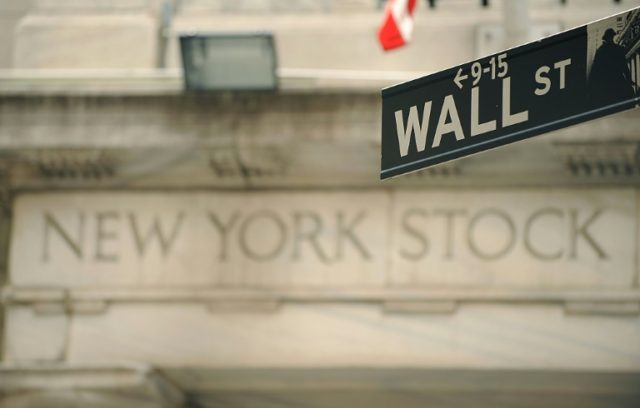New York (AFP) – US President-elect Donald Trump has vowed to eliminate the landmark Dodd-Frank financial reform law adopted in the post-crisis era but Wall Street has mixed feelings about such a drastic move.
Trump’s transition team announced it will work “to dismantle the Dodd-Frank Act and replace it with new policies” to encourage growth. Details remain scant, however.
Enacted in 2010, the sweeping regulatory reform package aimed to prevent a repeat of the 2008 financial crisis and the cascading failures of financial institutions which led to the Great Recession.
According to a financial industry source close to Trump, the changes the president-elect is considering include limiting the powers of the Consumer Financial Protection Bureau, an agency created by Dodd-Frank, and loosening regulations on regional banks.
He also plans to change how financial institutions are labeled as Systemically Important Financial Institutions (SIFIs), a designation for banks and other entities once deemed “too big to fail” and thus posing a risk to the whole of the financial system.
Industry has pushed back against the designation, which subjects firms to greater oversight.
The most prominent change in the works, the source said, would be ending the so-called “Volcker Rule” on proprietary trading, which bars banks from some investments using their own funds and governs their involvement with some types of investment funds.
– ‘Not a simple task’ –
Since it took effect, Dodd-Frank has been decried by the financial industry, which claims the law is holding the industry down, preventing it from creating jobs and driving the real economy.
But in the wake of the crisis, the law generally enjoys public support since it is seen as a check on the excesses of Wall Street.
“Changing the narrative regarding Dodd-Frank and related regulations is not a simple task,” said Christopher Whalen, senior managing director at Kroll Bond Rating Agency.
Banks have seen share prices rise on hopes of Trump-era deregulation. The KBW index is up 7.5 percent since November 9, the day after the elections.
But Wall Street seems to be banking on a modified Dodd-Frank, not an outright repeal, and many acknowledge the positive aspects of the law.
Gregori Volokhine of Meeschaert Capital Markets said Trump likely will look before he leaps in making major changes.
“He will be very careful in dismantling a law that has positive aspects for protecting the financial system and consumers,” he said. “What he’s shown so far is he’s listening to his base.”
Ten senior bankers consulted by AFP agreed Dodd-Frank had allowed them to clean up their balance sheets and become stronger.
And Goldman Sachs CEO Lloyd Blankfein told a conference last week that considering some changes to Dodd-Frank “could be appropriate” but that he would not want “regulation to be repealed in total.”
In addition to the costs of a full repeal — major banks have invested billions of dollars in complying with Dodd-Frank’s risk management provisions — industry officials say they remain subject to international norms such as Basel III, a set of risk and oversight reforms developed by an international committee of central banks.
Still, piecemeal changes could help reduce some of the burdens of Dodd-Frank, according to Richard Bove of Rafferty Capital Markets.
“Any changes in the rules must start with the Federal Reserve. The individuals associated with rule making at the Fed must go,” he said.
Bankers also are withholding judgment on the new Republican administration.
“It’s the same party that had the reinstallment of Glass-Steagall on their platform in the convention,” one senior banker told AFP on condition of anonymity.
The Depression-era Glass-Steagall laws separated commercial from investment banking in a bid to ensure stability but were repealed at the end of 1990s, a move some blamed for Wall Street excesses.
“So there is a little bit of caution about what things might come out,” the banker said.

COMMENTS
Please let us know if you're having issues with commenting.